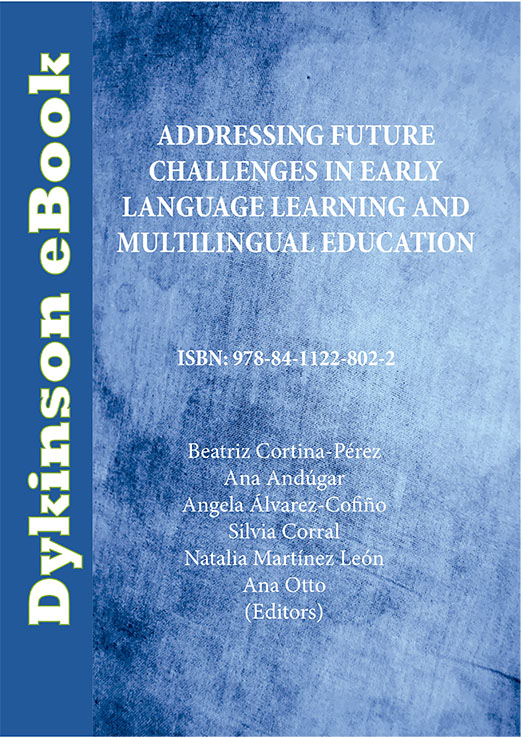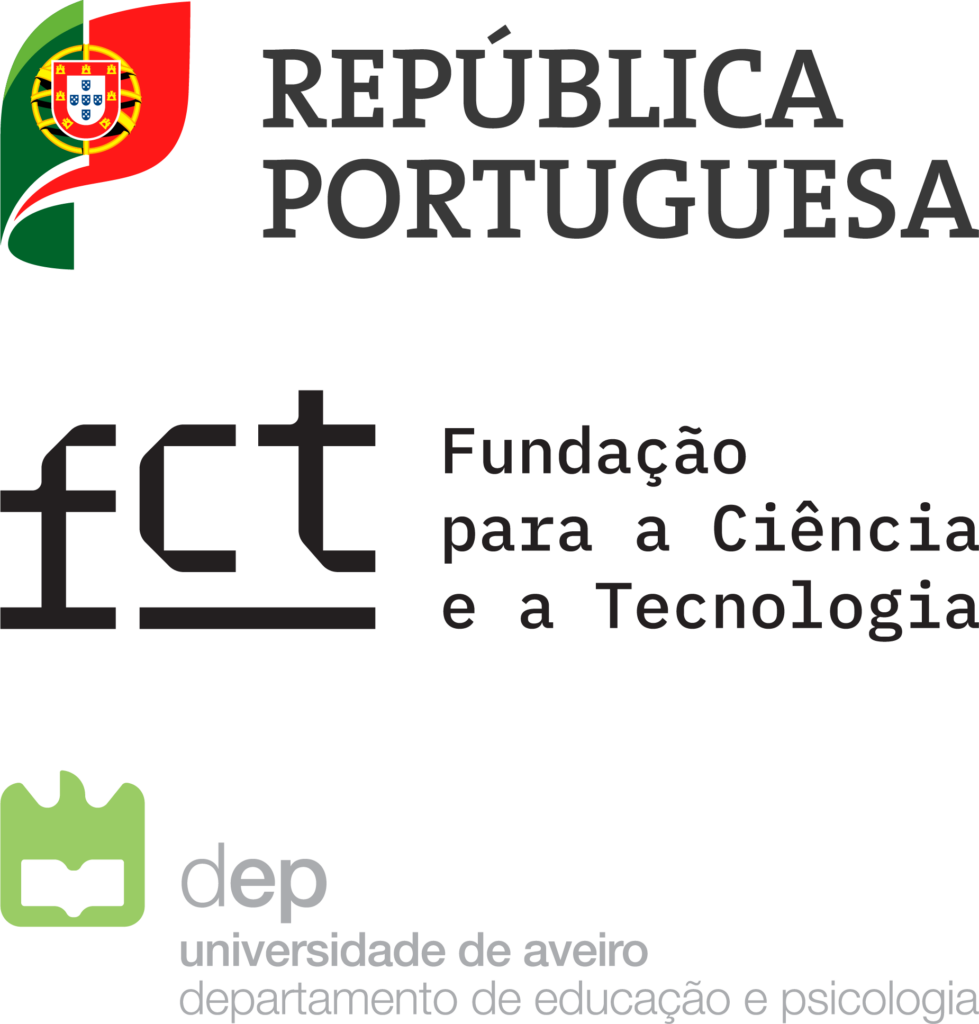Juliane Costa Wätzold & Sílvia Melo-Pfeifer (CIDTFF) | Addressing future challenges in early language learning and multilingual education, pp. 49-54
Introduction:
Studies concerning Heritage Language (HL), intergenerational transmission and family language policies from a parents’ perspective are already abundant (for example: Tse, 2001; Schwartz, 2010; Spolsky, 2012; Moroni, 2018; De Houwer, 2015). In contrast, studies focusing on the perspective of learners are still scarce (some exceptions: Melo-Pfeifer, 2015; Wilson, 2020). Therefore, our case study presents the results of a research on children’s perception of Portuguese as heritage language (PHL) obtained from learners (aged 6 -12) in a non-formal learning context in Germany. The data were collected in a federal state that lacks formal provision of HL tuition (Reimann, 2014). Based on the data obtained, we show, discuss, and analyze the perspectives of PHL learners on their identity, focusing on the status they attribute to this language as well as to the relationship they establish between PHL and their multilingual identity. The study allows us to highlight elements of bilingual children’s identity construction process.
– – – – –
Referência:
Wätzold, J. C., & Melo-Pfeifer, S.(2022). “I am half German and half Brazilian”: children’s perspectives on learning Portuguese as a heritage language in a non-formal context and its relationship with linguistic identity. In B. Cortina-Pérez, A. Andúgar, A. Álvarez-Cofiño, S. Corral, N. Martínez León & A. Otto (Eds.), Addressing future challenges in early language learning and multilingual education (pp. 49-54). Dykinson. https://www.dykinson.com/libros/addressing-future-challenges-in-early-language-learning-and-multilingual-education/9788411228022/





